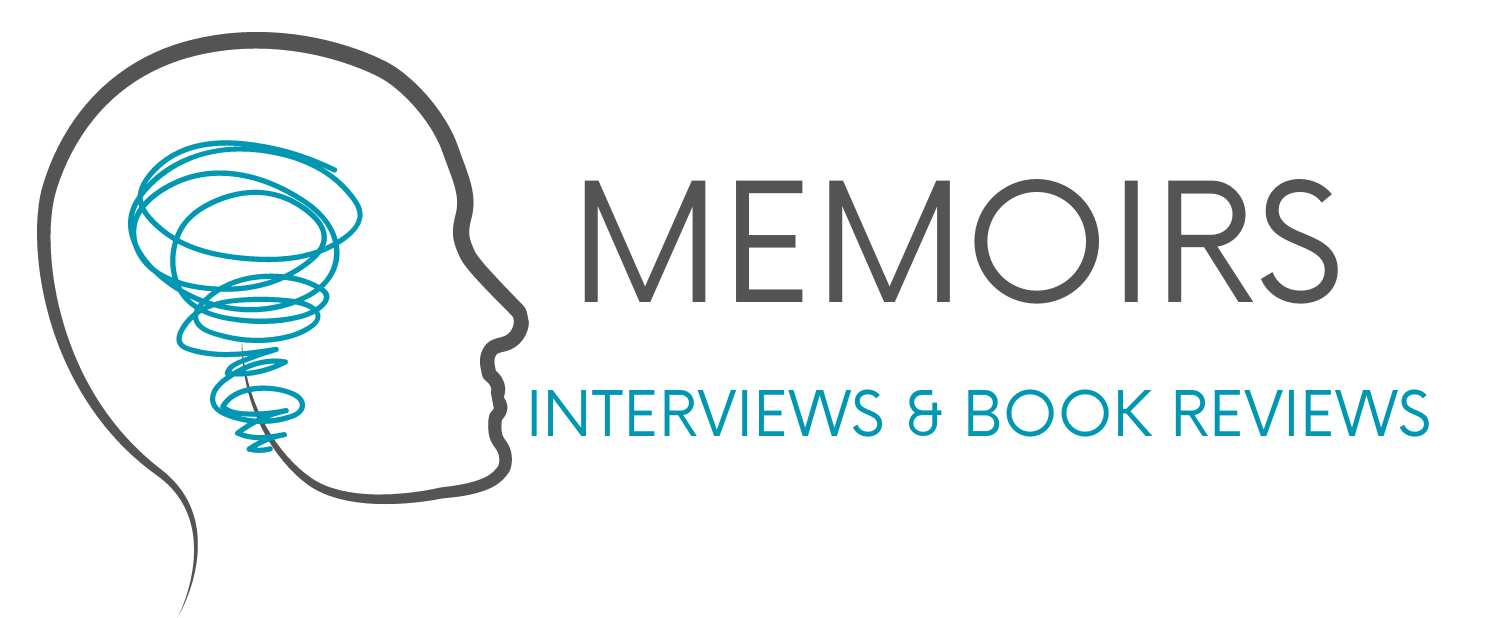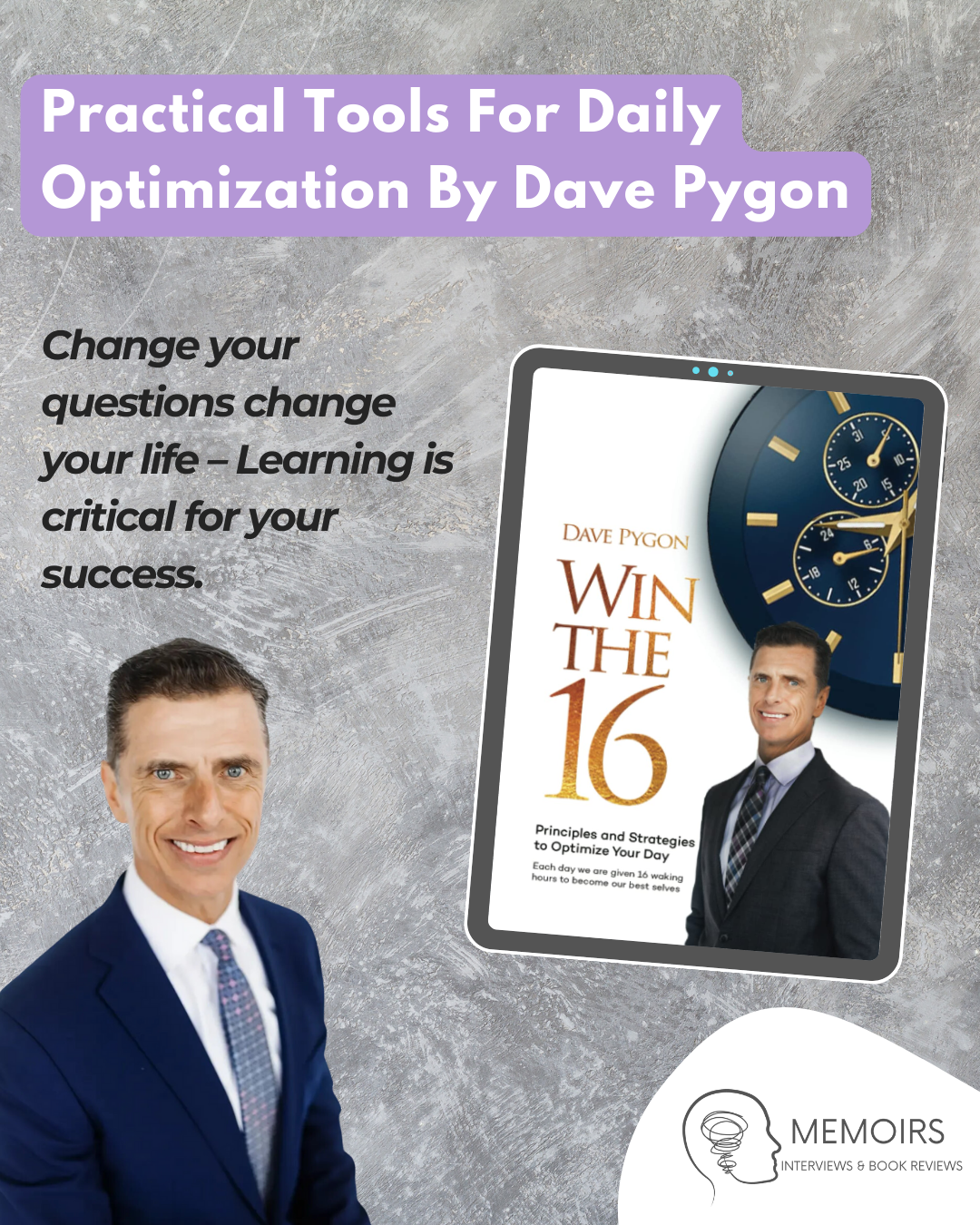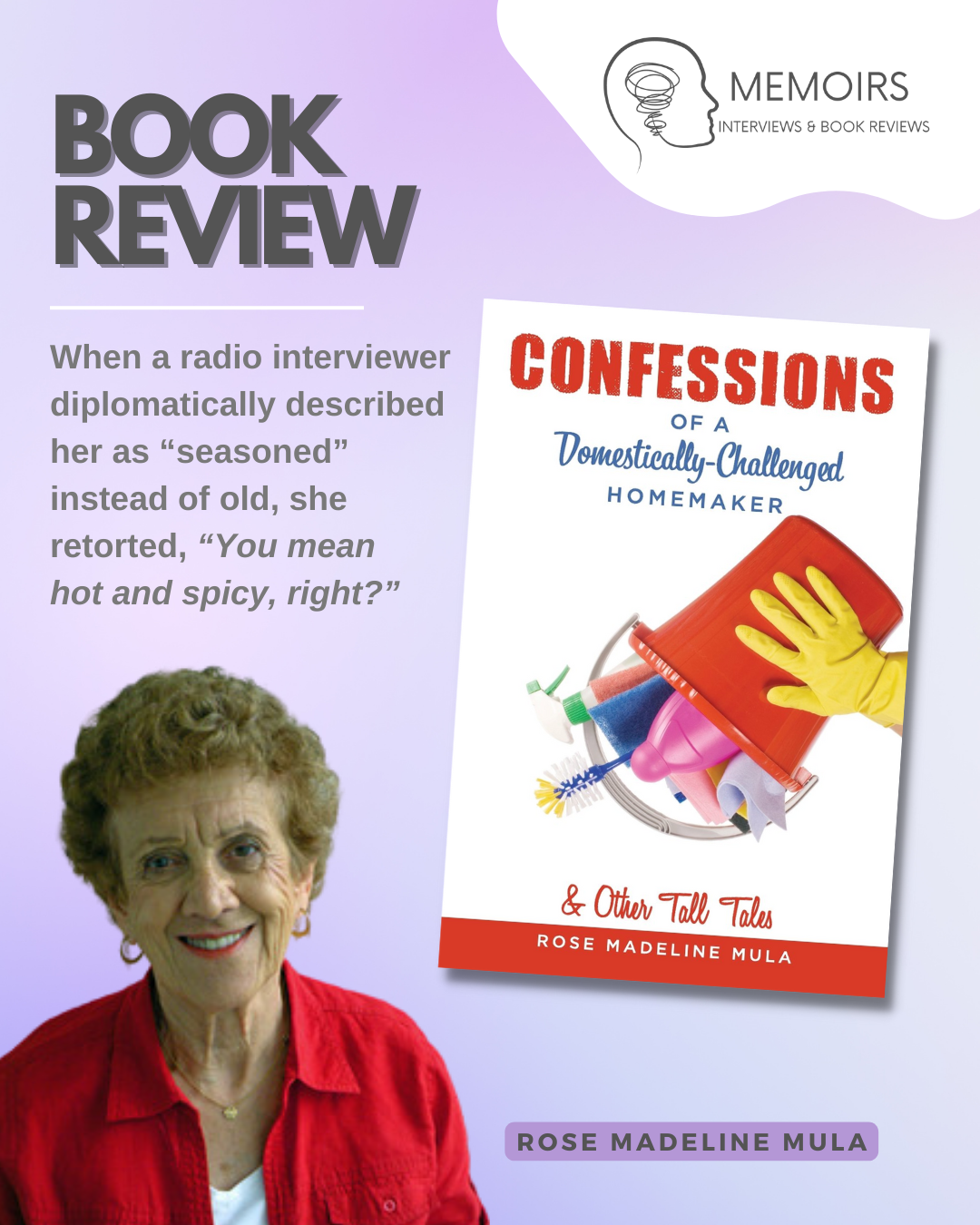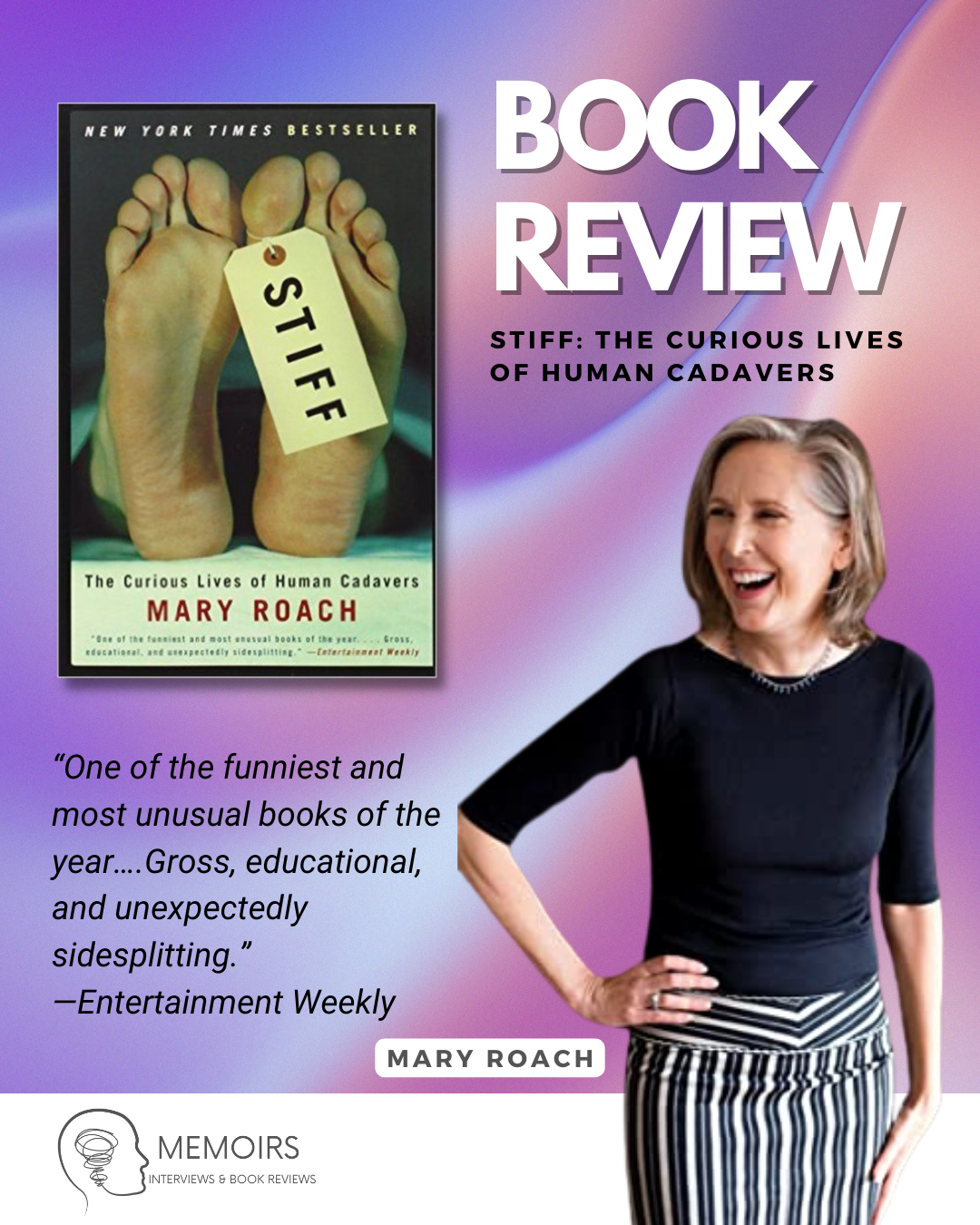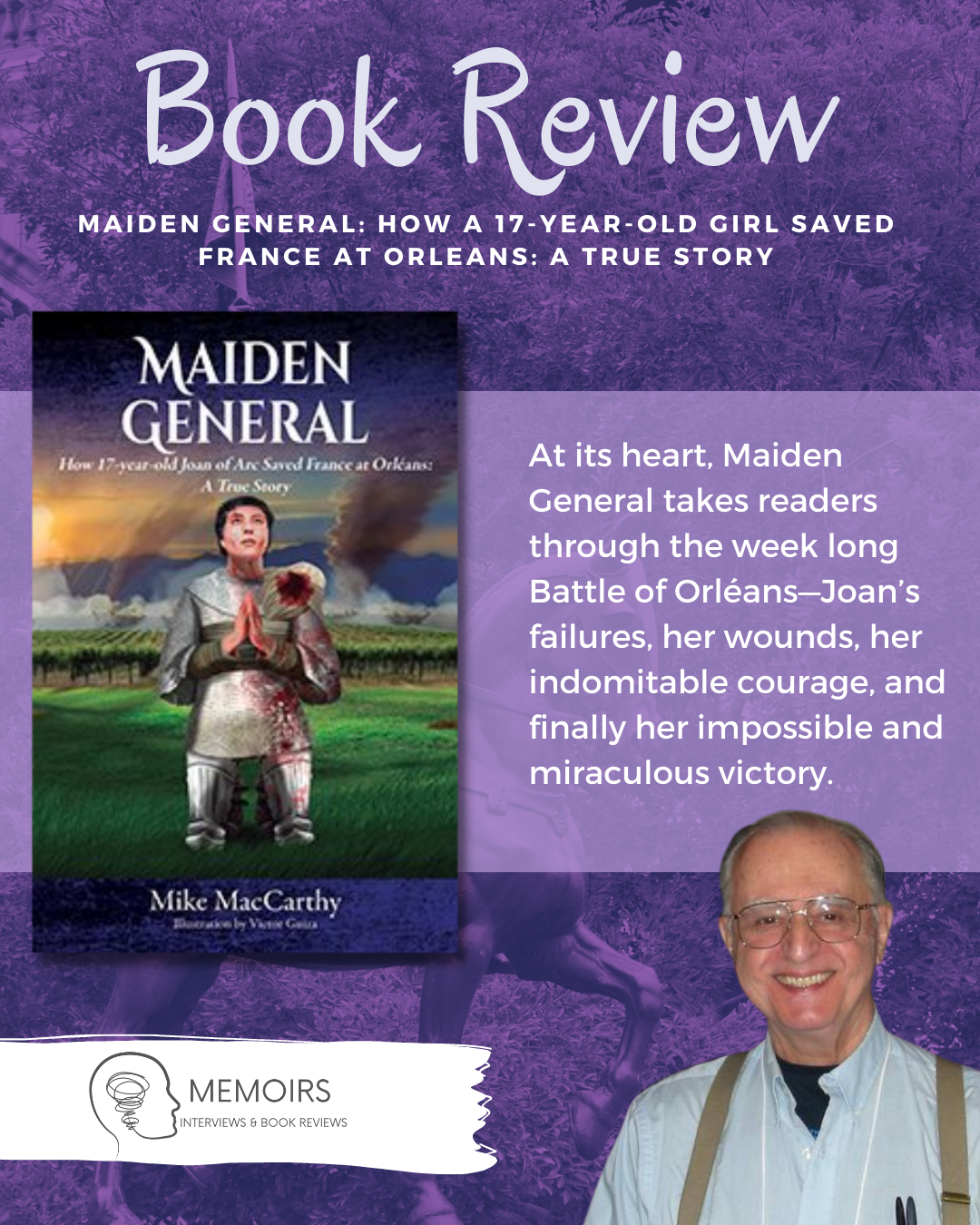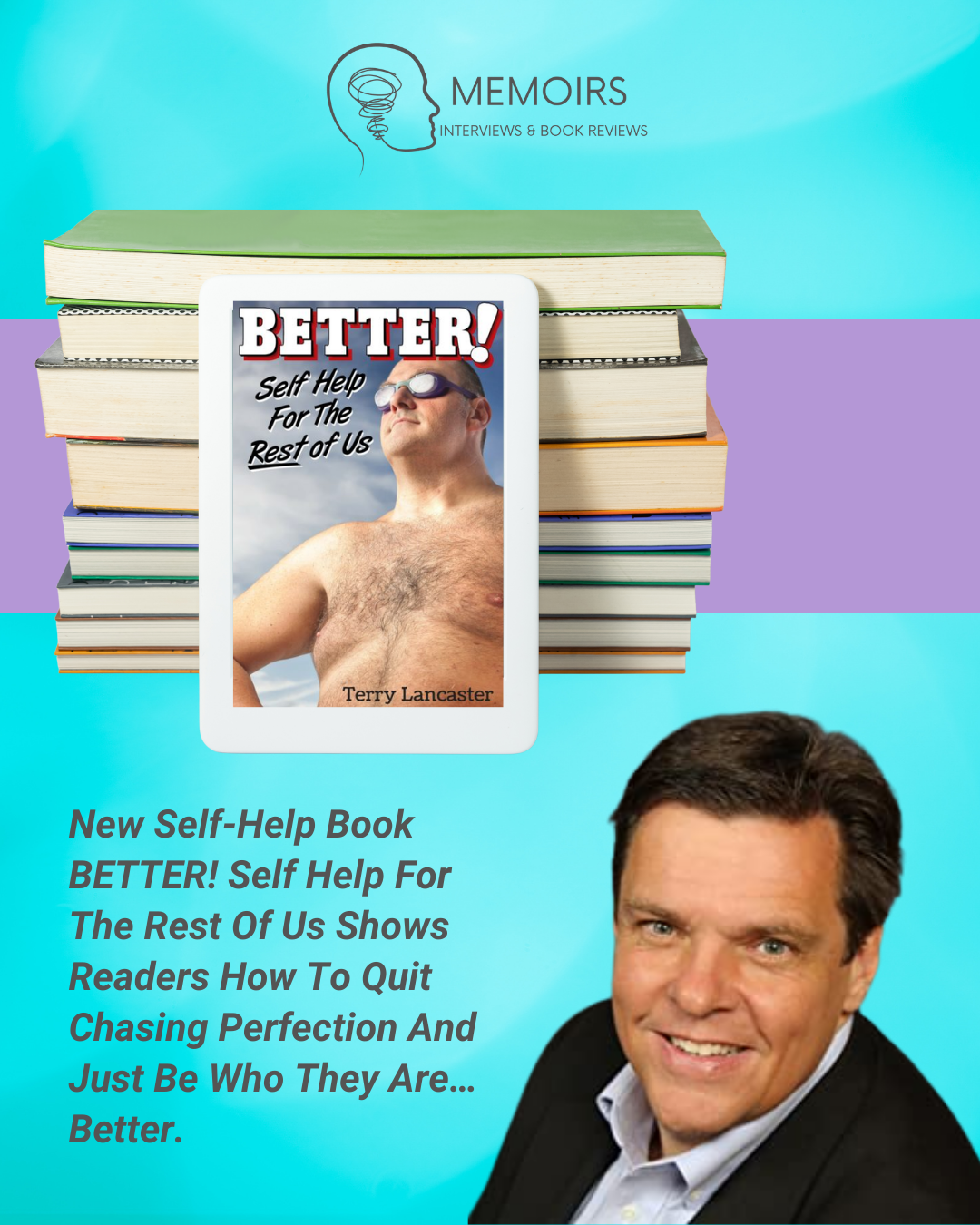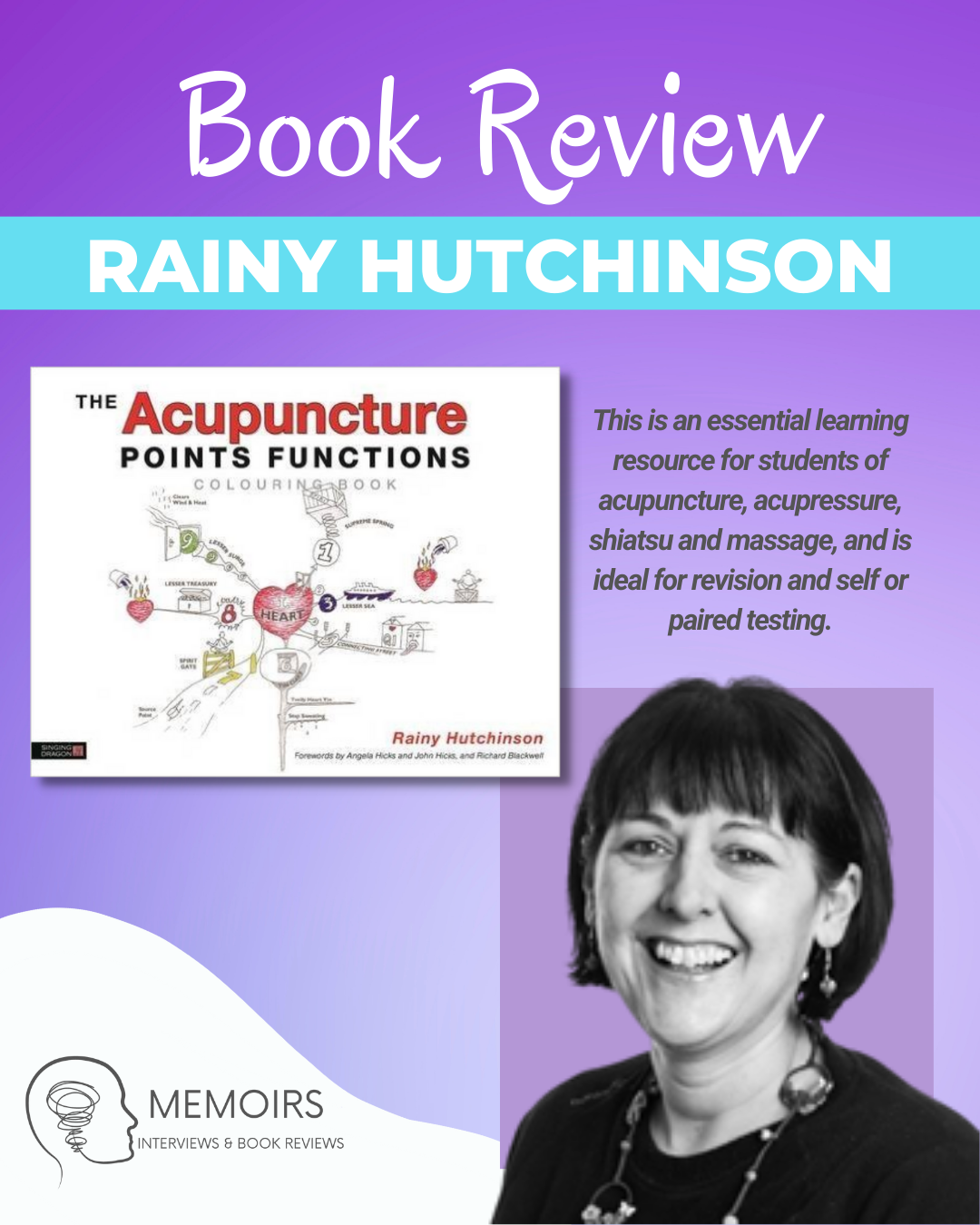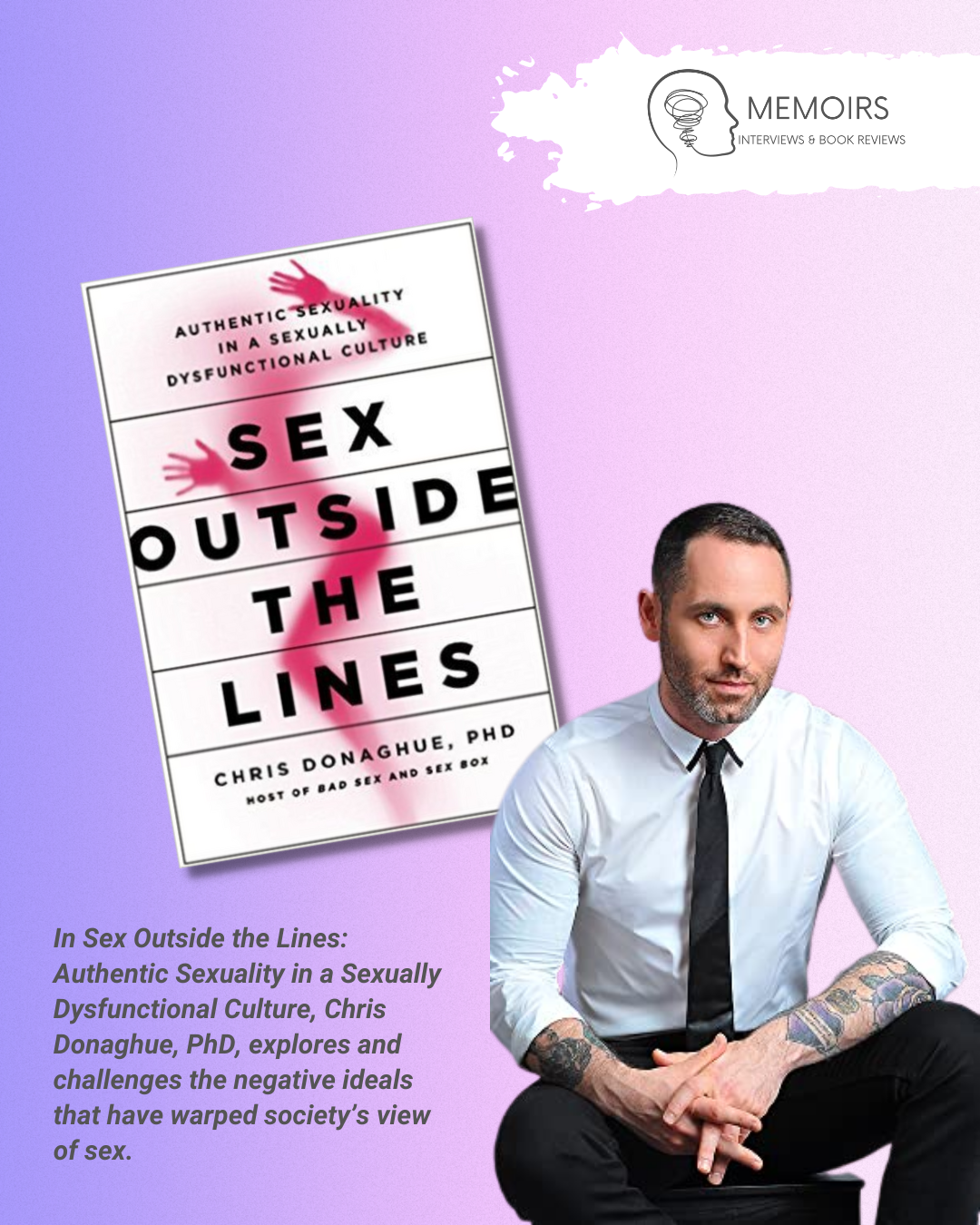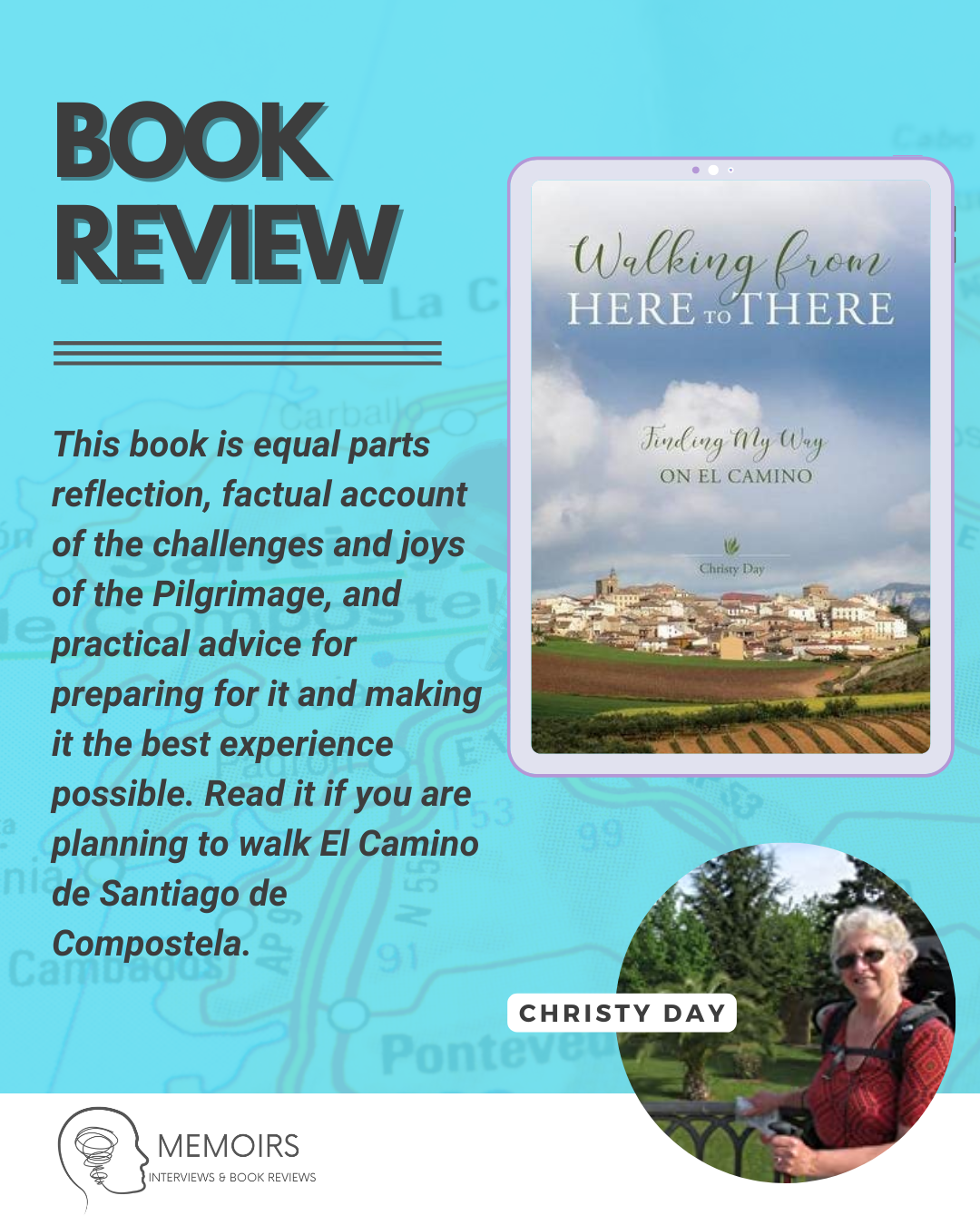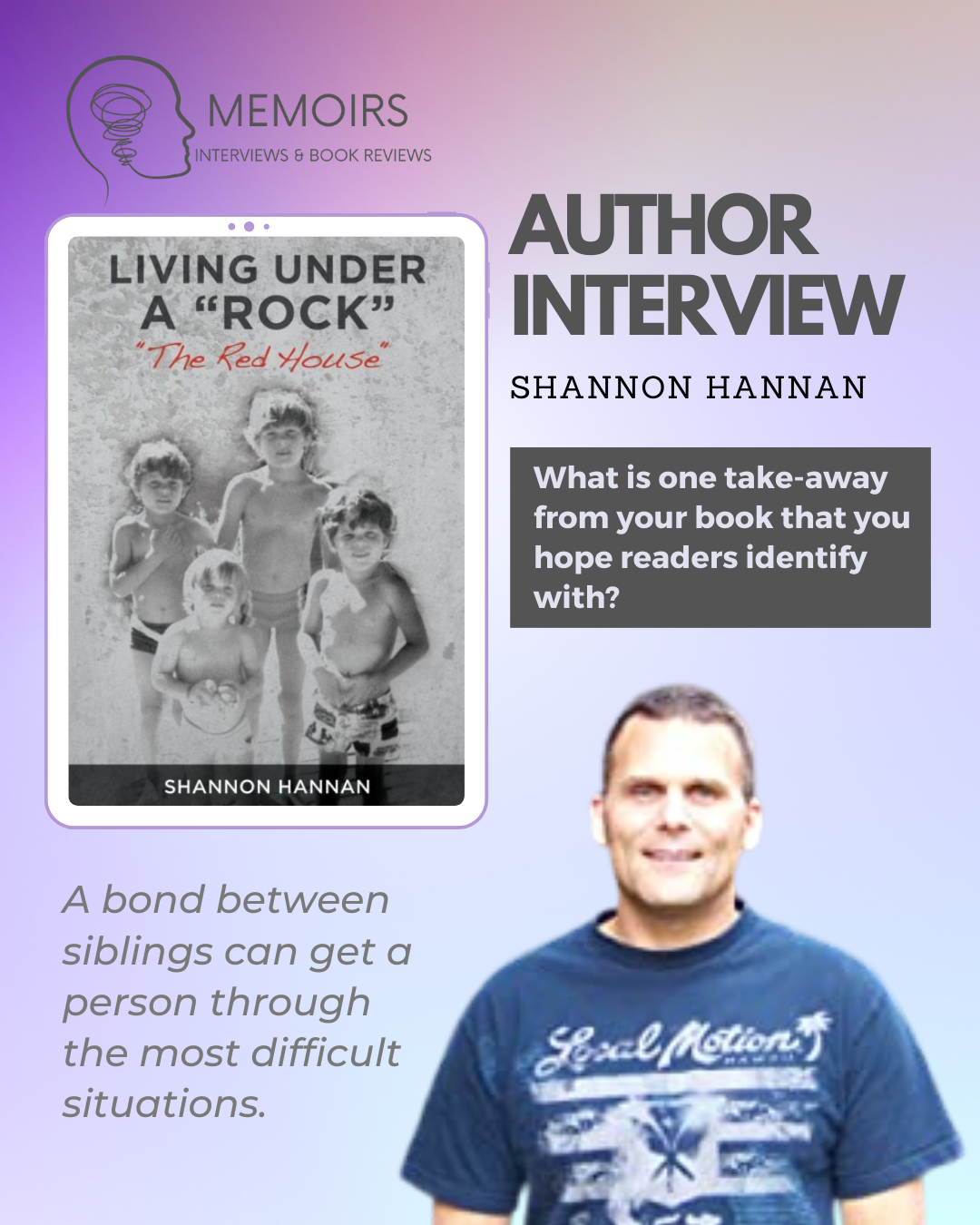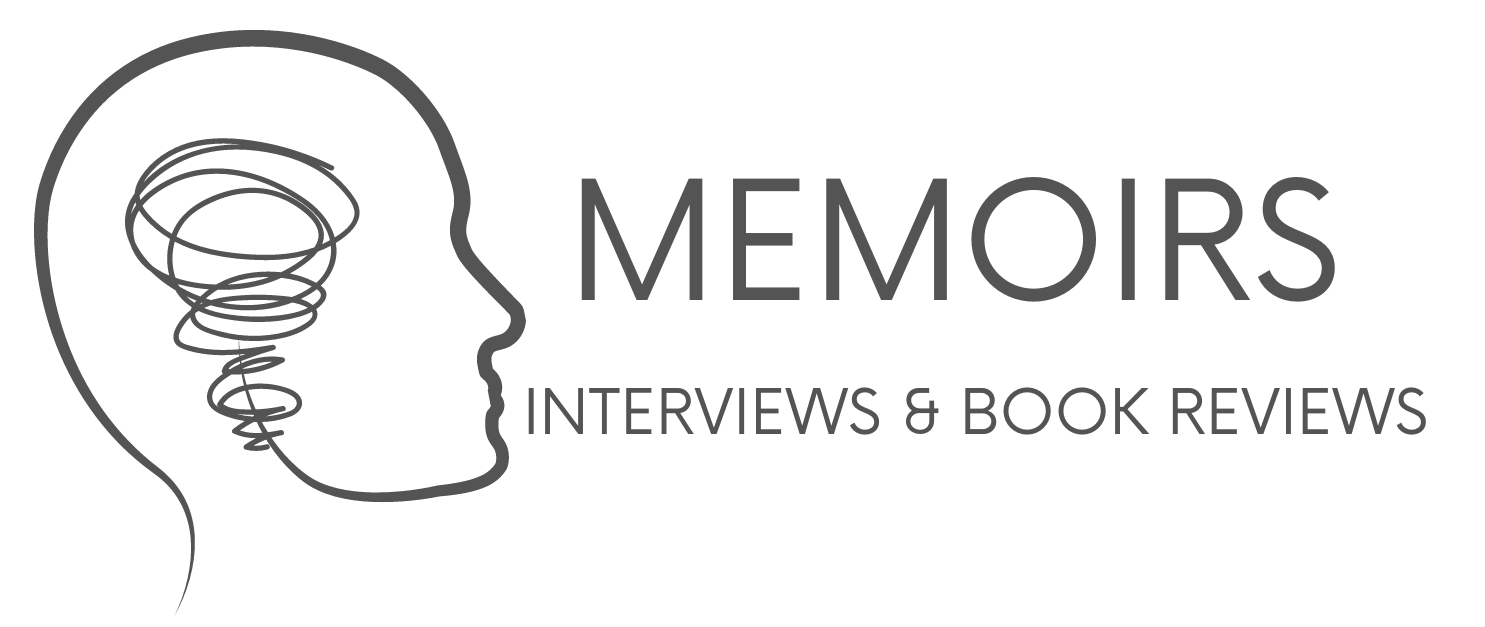 Can you provide a couple of examples of Work-Life Balance Strategies: Lessons from ‘WIN THE 16’ ?
Can you provide a couple of examples of Work-Life Balance Strategies: Lessons from ‘WIN THE 16’ ?
- Sleep – By definition of the book, Win the 16, is sleeping eight hours. The lesson to have work/life balance you need to sleep to have energy, mind, and body prepared for your personal and professional life.
- Early successes to your day – Take a walk, drink water, read something for your own personal development, meditation, express gratitude, exercise, don’t check email, send a positive message to someone to make them and yourself feel better. All of these things are for your own personal health and life/balance.
- Healthy Lifestyle – Take care of your mind, and body. Proper hydration, nutrition, learning, and take breaks during your day for your mental health. An annual check-up is like your report card.
- Energy – Personally, and professional eliminate or minimize interaction with people that drain you and take your energy. Imperative to have your energy at the end of your work day for yourself, and family.
- Sunday Blues – Not fair to yourself, family, or friends if by Sunday you are already mentally checking out from family/friends/yourself time to start thinking about work or being sad about Monday morning.
- Learn to say, NO at work, and at home so you can have mental time for you. Don’t take over people’s responsibilities at home or work. Let them do it, so you have time for what you need to do at home/work for your life balance.
In today’s climate the digital world seems to be overrunning lives and business how do you suggest for someone to manage Digital Distractions?
- Schedule time in the day to check email
- Don’t check email first-thing in the morning until you have done things for yourself, and handled a priority or goal.
- Be on the offensive early in the day and win the day by 10am, which means minimizing digital distractions so you can attend to your priorities first
- Chart your day to see how much time you spend on email, social media, and texts. You have 960 minutes in sixteen waking hours. How can you use them to maximize your day? Monitoring/understanding the digital distractions could award you more time on your priorities.
What do you predict is the Long-Term Benefits of Optimizing Your Day?
If you can optimize your day you can give back more time in your day to do what is good for you.
- Health – Mind/body have to be a focus. If we can spend more time taking care of ourselves mentally and physically it increases longevity, mental capacity, healthier body, more energy, alertness, less stress, and happiness. All of this adds up to a pathway of a more productive, potentially longer life.
- Personally, it will give you more time to do some of the items you would like too do.
- Professionally, it will give you more time to do what you would like to more of or different things at work to help your productivity.
 Comparing ‘WIN THE 16’ to Other Productivity Books: Name 5 other books your personally recommend and how it compares to WIN the 16?
Comparing ‘WIN THE 16’ to Other Productivity Books: Name 5 other books your personally recommend and how it compares to WIN the 16?
Grit – You have to work hard, and do the hard stuff to be the best or your best self. Grit shares data to support “gritty” people do better. Win the 16 believes MENTAL TOUGHNESS, discipline, and habits are crucial to optimizing your day. It can be tough, and hard work.
Energy Busy – We both believe energy, and positivity are crucial in being successful. You need to eliminate negative people from your life.
Mental Toughness Handbook – Both books believe mental toughness is a skill, and can be improved upon. It’s important to be our best selves that mental toughness will only help us.
Blue Zones – This book is about longevity and healthy living, but also energy, feeling good, and interacting with others. Win the 16 has an entire chapter on Healthy Lifestyle. It’s imperative to optimize your day your mind and body have to be right. You need sleep. Exercise is important.
Change your questions change your life – Learning is critical for your success. If we asked learner questions, we will learn more and be more productive with our communication. Win the 16 is about learning, and growing. It’s critical we understand ourselves, and we take time by ourself to understand ourselves. We need to ask ourselves learner questions.
Do you have Practical Tools for Daily Optimization that you recommend and why?
- Book – Mission plan to fill out at the end of the book to help you on putting a plan together
- Best 365 days – At the end, the book has a stretch assignment to completre what the best year of your life would look like.
- Charting assignment inside in the chapter 960. It allows people to chart an entire day to look for opportunities to increase efficiency personally, and professionally.

Purchase Link
https://amzn.to/44pTHLk
“Win the 16” on Spotify
https://open.spotify.com/show/
